Deck & Commander Strategies

Jhoira, Weatherlight Captain
Draw a large number of cards and cast multiple artifacts quickly to build combo pieces and achieve a fast, potentially turn-three win.
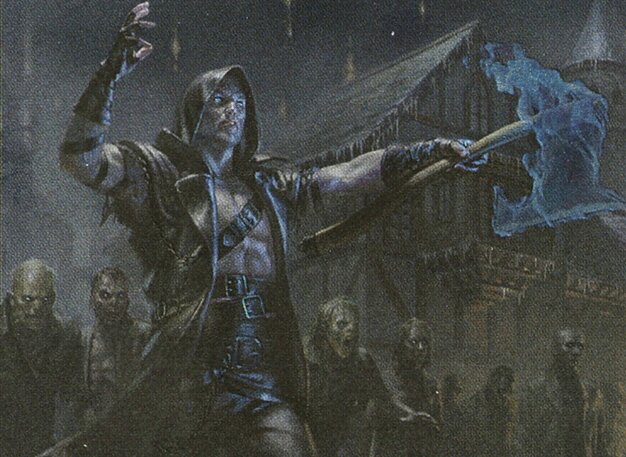
Wilhelt, the Rotcleaver
Generate numerous tokens to overwhelm opponents and leverage creature synergies for board control and incremental advantage.
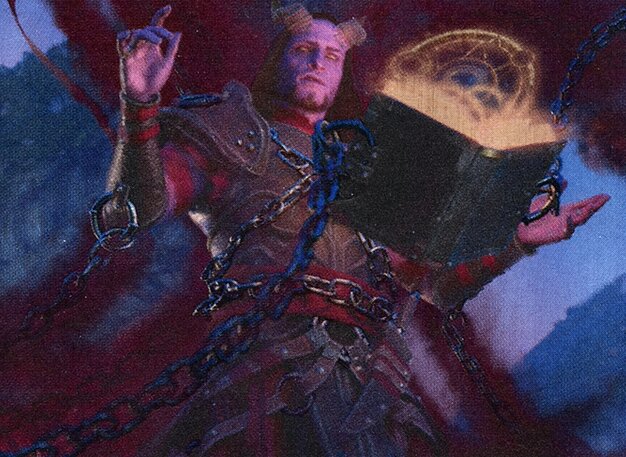
Prosper, Tome-Bound
Create treasure tokens to ramp, exile opponent's cards to disrupt their plans, and deal direct damage to control the board.
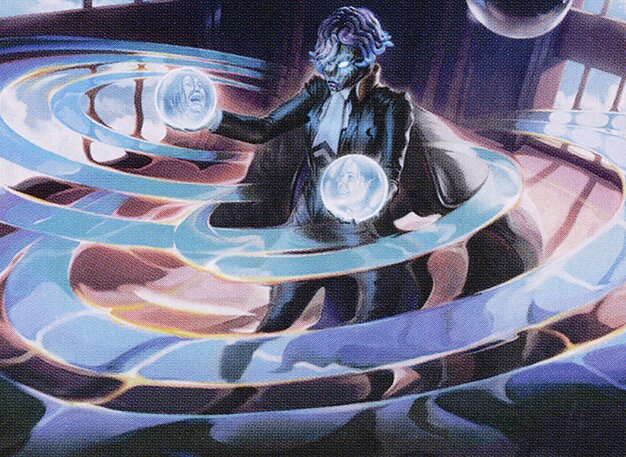
Queza, Augur of Agonies
Not explicitly detailed in the gameplay but likely focused on controlling creatures and leveraging zombies and card draw through combat damage.
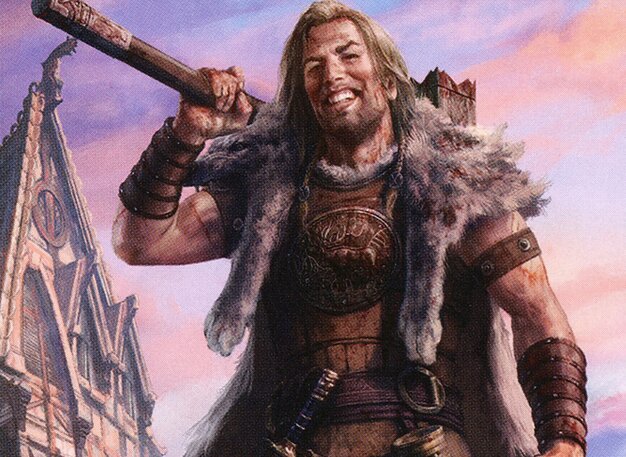
Wulfgar of Icewind Dale
Attack-focused green stompy deck that uses attack triggers and big creatures to apply pressure and gain value from combat.

Zurgo Helmsmasher
Aggressive artifact destruction and combat damage to dismantle opponents’ resources and maintain board dominance.
Gameplay Insights
- 1
Players coordinated attacks against Jhoira to prevent her from executing a powerful turn-three win, highlighting the threat level of her deck.
- 2
The use of Blind Obedience slowed down aggressive creature strategies by taxing opponents and tapping their creatures upon entering the battlefield.
- 3
Rogue's Passage enabled unblockable attacks, allowing key creatures to deal damage despite opponent’s defenses.
- 4
Descent into Avernus forced a shift in resource management as it dealt damage to all players while generating treasure tokens, influencing combat strategies.
- 5
Counterspells and artifact recursion (e.g., casting Mock Amber and Eternal Witness) were pivotal in maintaining board presence and delaying opponents’ plans.
- 6
The interaction between Prosper’s exile ability and direct damage created pressure on opponents’ hands and board states, controlling the flow of the game.
Notable Cards
-
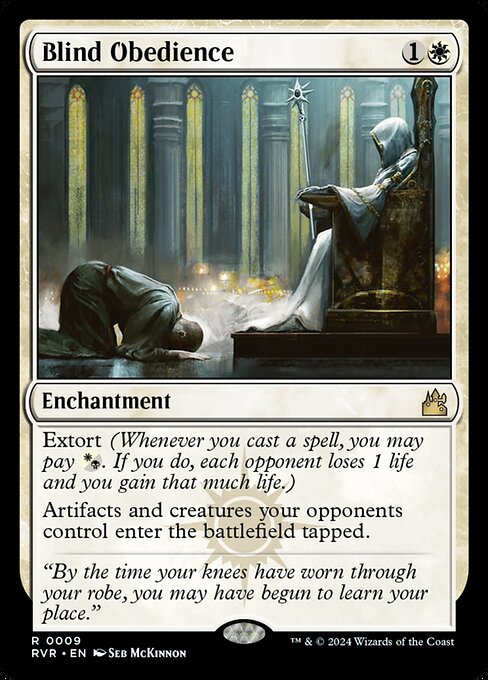
Blind Obedience
-
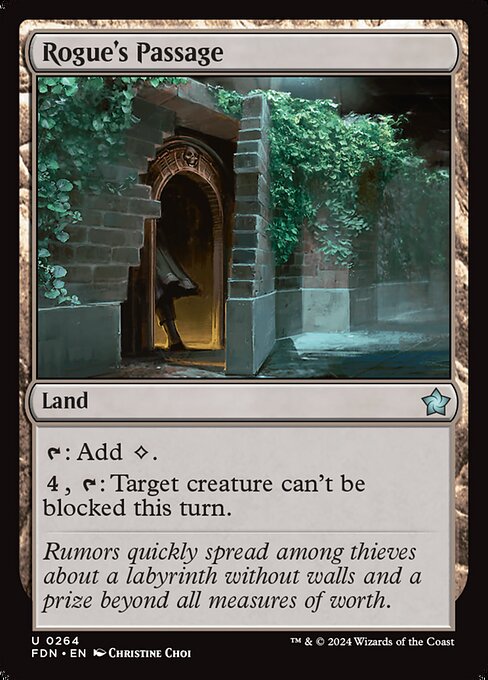
Rogue's Passage
-
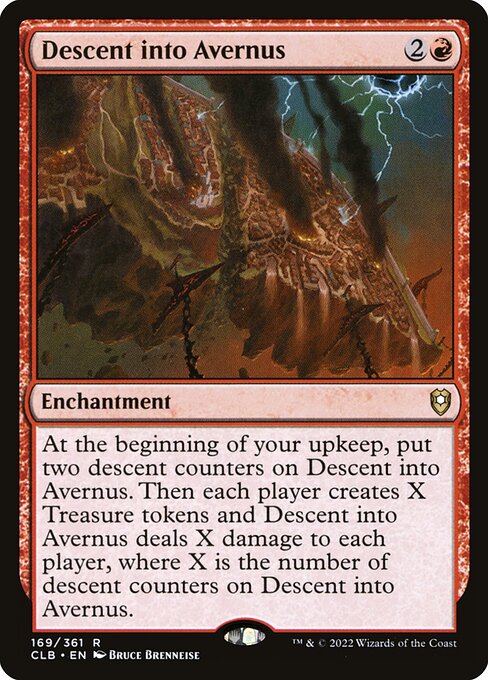
Descent into Avernus
-
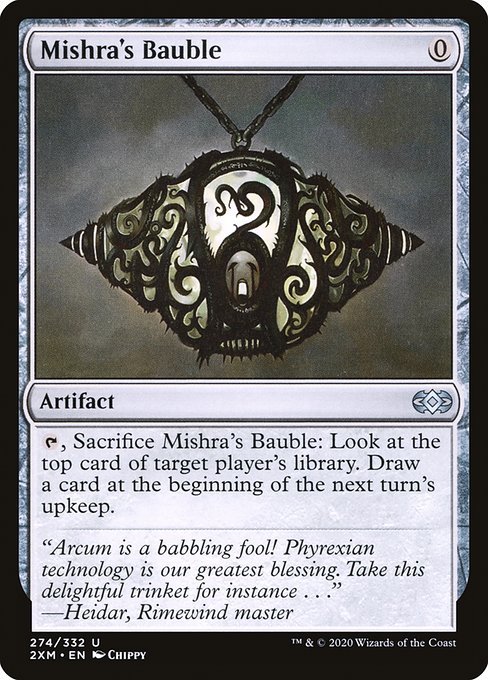
Mishra's Bauble
-

Emry, Lurker of the Loch
-
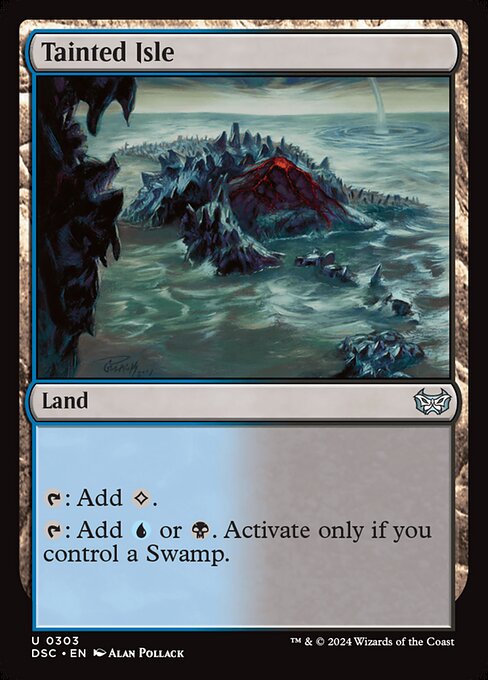
Tainted Isle
-
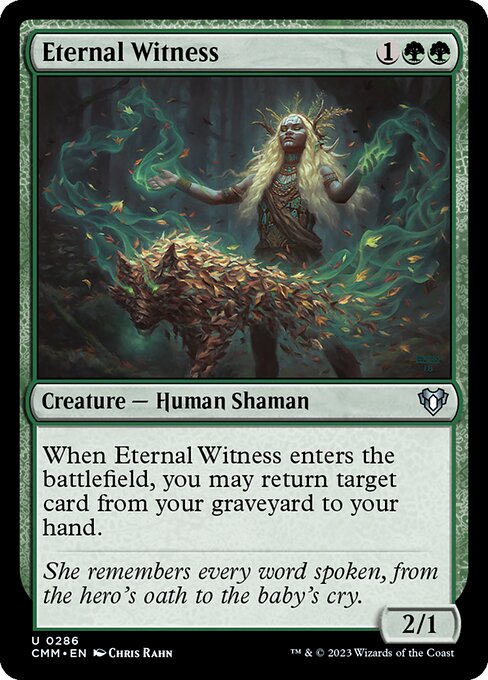
Eternal Witness
-
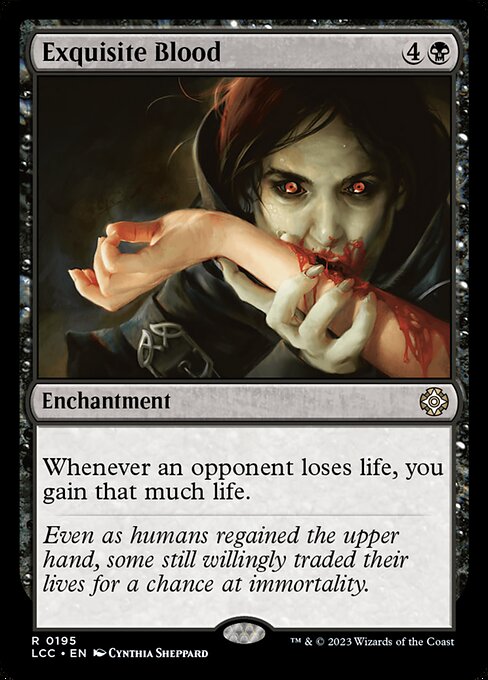
Exquisite Blood
Gameplay Summary
The six-player Commander game featured a dynamic and competitive board state with multiple players leveraging their commanders' unique abilities to build stacks and control the battlefield.
Early on, Zurgo Helmsmasher focused on aggressive artifact destruction, while Wulfgar of Icewind Dale developed a board presence with token creatures and attack triggers.
Prosper, Tome-Bound generated treasures and utilized card exile mechanics to control opponents’ resources and apply direct damage.
Wilhelt, the Rotcleaver aimed to swarm the board with tokens and capitalize on creature-based strategies, while Jhoira, Weatherlight Captain drew heavily and cast numerous artifacts to gain advantage. A key turning point occurred when players started interacting heavily with each other's resources.
Prosper’s exile mechanic proved disruptive, while Jhoira’s deck demonstrated a high competitive edge, prompting others to gang up on her to prevent a rapid turn-three win.
Tactical plays such as casting Blind Obedience to slow down opponents’ creatures and the use of Rogue’s Passage to enable unblockable attacks shifted the tempo.
The appearance of Descent into Avernus added a global threat, forcing all players to create treasure tokens while simultaneously taking damage, influencing combat and resource decisions.
The game showcased a blend of aggressive attacks, resource denial, and combo potential, with players carefully balancing offense and defense in a high-stakes multiplayer environment.







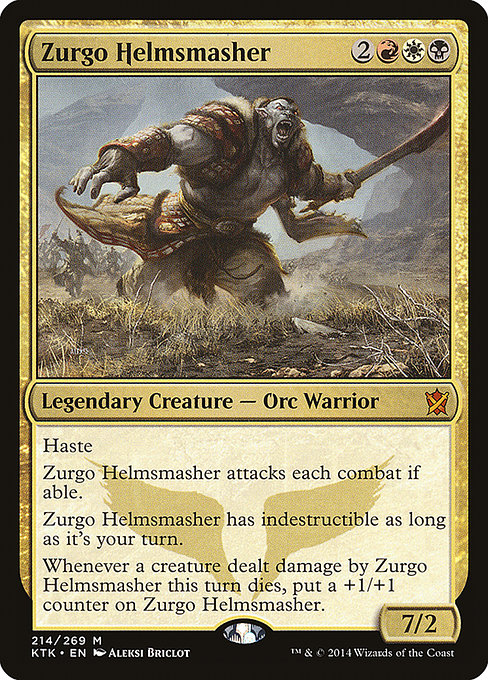




















![Commander VS S3E3: ????? vs ????? vs ????? vs ????? [MtG: Multiplayer] thumbnail](https://i.ytimg.com/vi/zUR3AeqZkPU/sddefault.jpg)
























![More Streets of New Capenna [Commander VS 289] | Magic: the Gathering Commander Gameplay thumbnail](https://i.ytimg.com/vi/77jT1j7598Q/sddefault.jpg)










